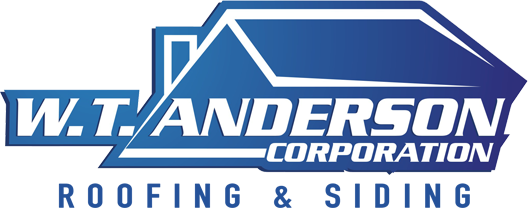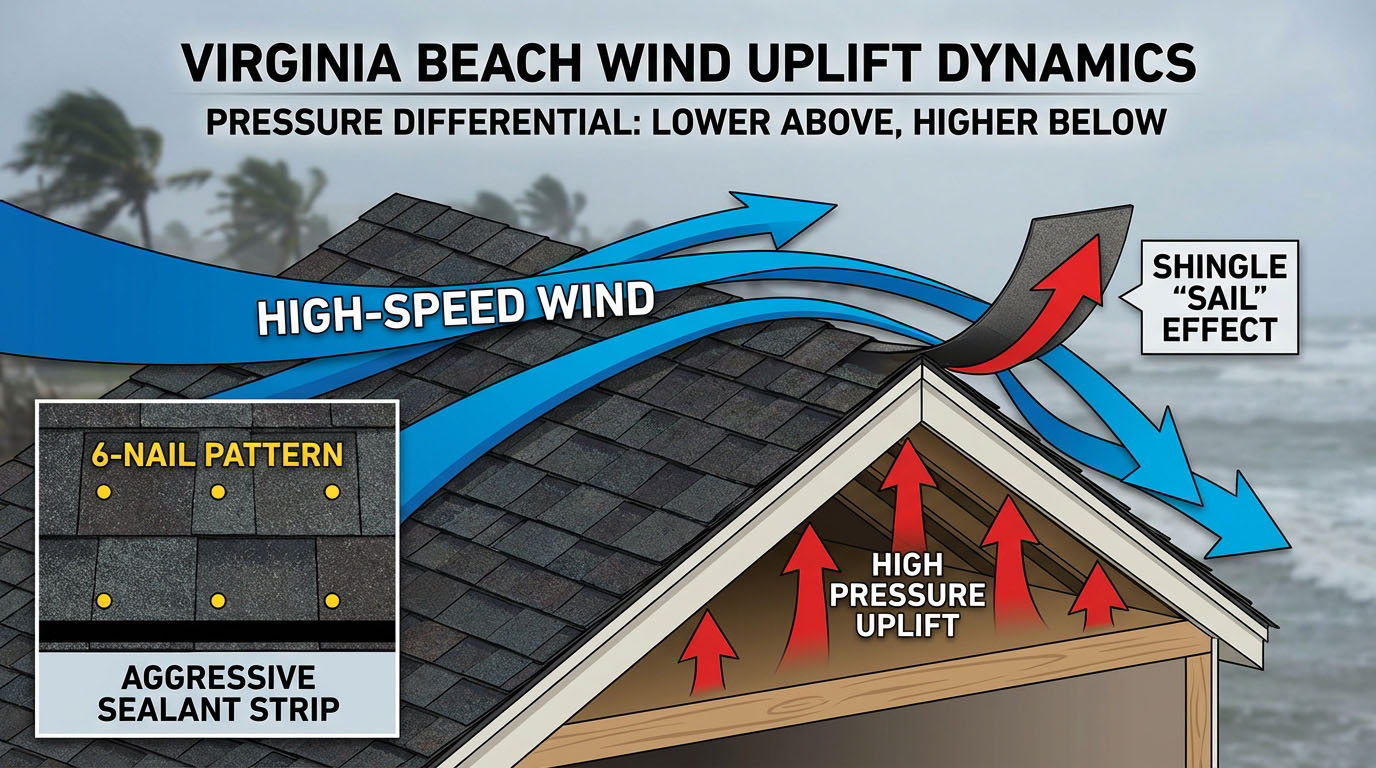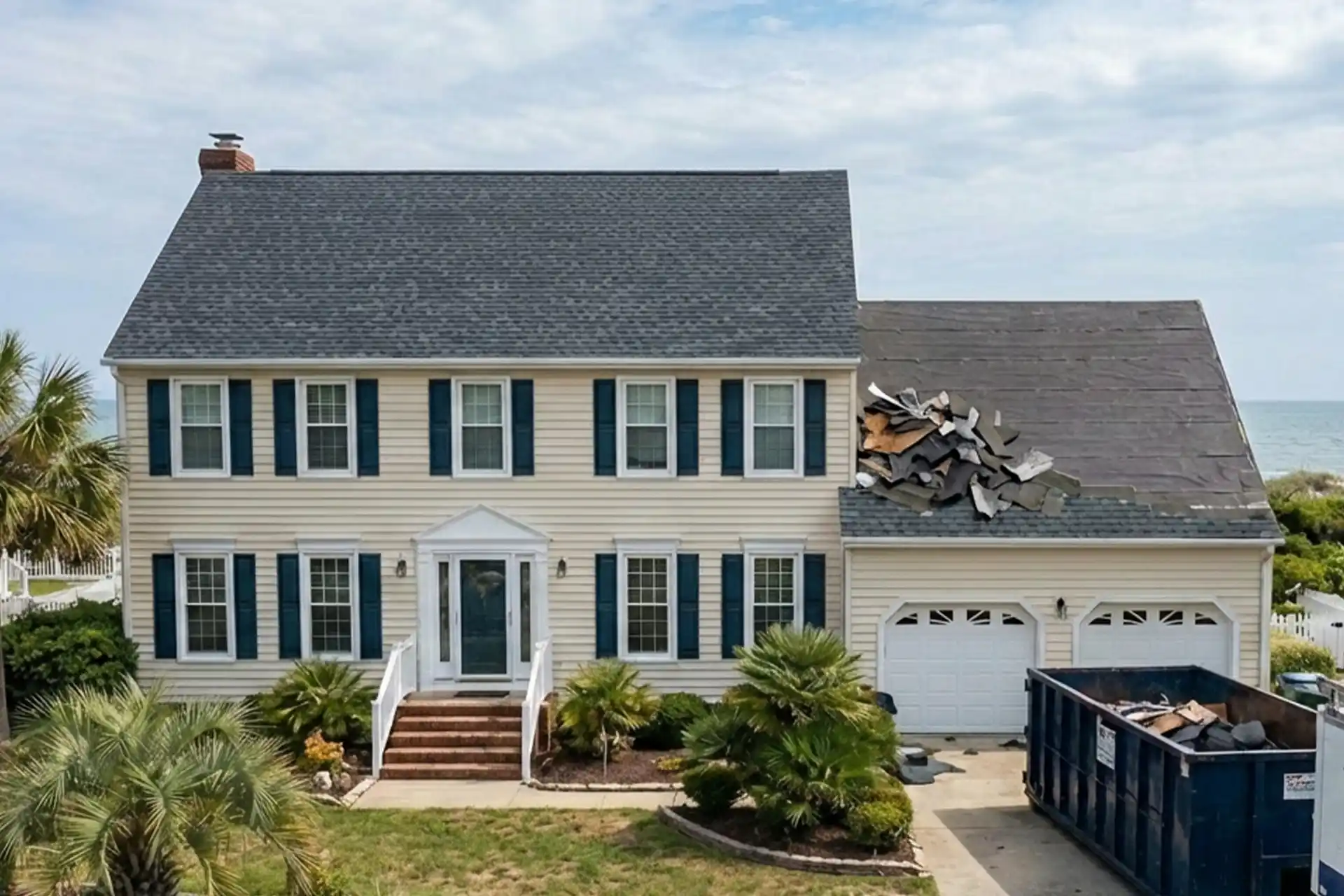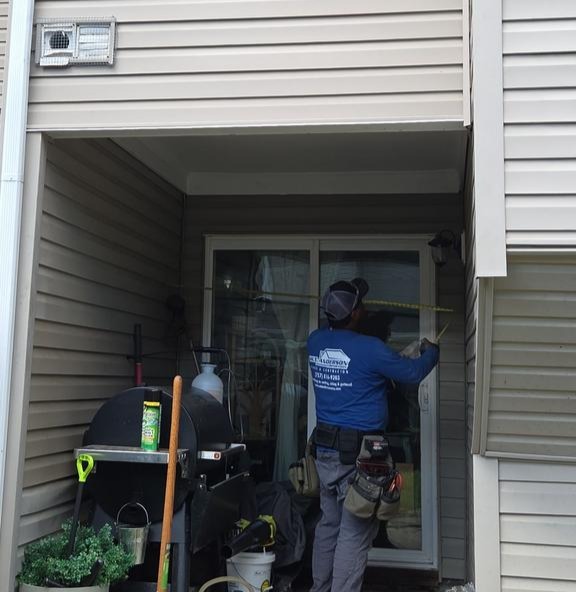How wind ratings impact your roofing choices in Virginia Beach
Use our quick contact form to get in touch with our team. We will respond shortly.
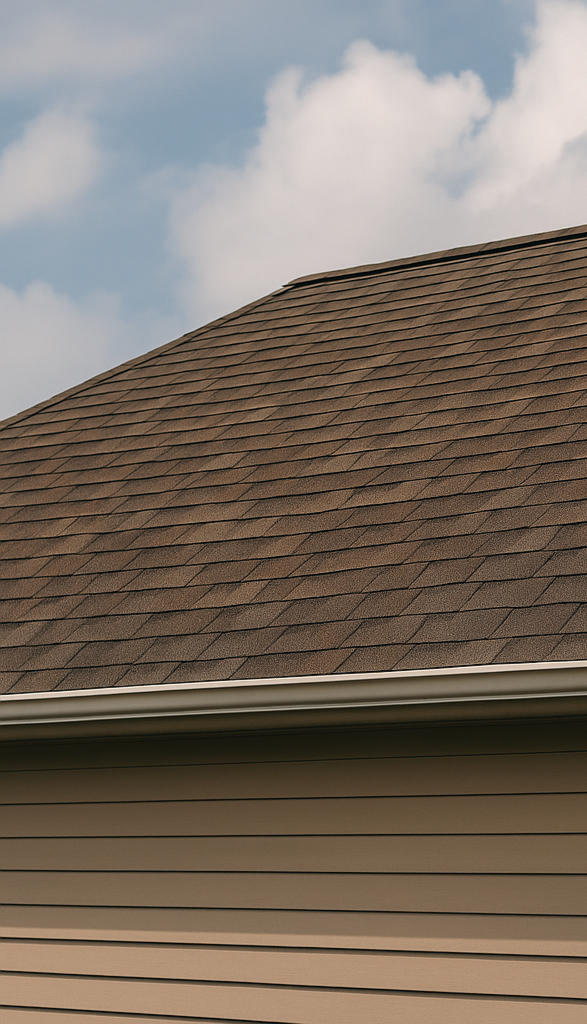
hoosing the right roofing system for your home in Virginia Beach isn’t just about aesthetics or cost. In a coastal region prone to high winds, tropical storms, and even hurricanes, wind resistance should be a top priority. At WT Anderson, a leading roofing company in Chesapeake, we help homeowners make informed decisions about roofing materials based on performance, durability, and safety. One of the most overlooked—but critical—factors? Wind ratings.
What are roof wind ratings and why do they matter?
Wind ratings refer to the amount of wind pressure a roofing material or system can withstand without failing. These ratings are especially important in areas like Virginia Beach, where seasonal storms and hurricanes can bring wind gusts exceeding 100 mph.
Common wind-resistant standards include:
- ASTM D3161: Covers wind resistance of asphalt shingles (Class A: up to 60 mph, Class D: up to 90 mph, Class F: up to 110 mph)
- UL 2390/UL 997: Test uplift resistance for roofing systems
- FM 4470: Often used in commercial flat roofing
Failing to choose a roof with the proper wind rating can lead to torn shingles, water leaks, structural damage, and costly repairs. Worse, some insurance policies may deny claims if your roof wasn’t rated for your area’s weather conditions.
How Virginia Beach weather impacts roofing decisions
Virginia Beach’s climate poses unique challenges:
- Coastal winds and tropical storms: Especially during hurricane season (June through November)
- Salt air: Which accelerates material corrosion
- Rain and humidity: Leading to potential water damage
Roofs in this area must be built to resist high winds, while also accounting for moisture and corrosion. That’s why homeowners should work with a knowledgeable roofing company in Chesapeake to ensure local weather is factored into their roofing plan.
Best roofing materials for wind resistance
Some roofing materials are better than others when it comes to withstanding high winds:
Asphalt shingles (High-wind rated)
- Choose Class D or F rated shingles
- Brands like Owens Corning offer reinforced shingles with SureNail Technology
Metal roofing
- Excellent for wind and corrosion resistance
- Panels interlock, reducing the chance of uplift
Clay or concrete tiles
- Very heavy and wind-resistant, but only when properly fastened
Synthetic shingles
- Lightweight but engineered for high-impact and high-wind resistance
Talk to your roofing contractor to determine which material is best for your home’s roof pitch, shape, and exposure to wind.
Installation matters more than you think
Even the best roofing materials can fail if not installed correctly. Improper nailing, loose flashing, or poorly secured underlayment can create vulnerabilities. That’s why choosing a licensed, experienced roofing company in Chesapeake like WT Anderson is critical. Our crews are trained in wind-resistant installation techniques, following manufacturer specifications and local building codes.
How to protect your investment
A wind-rated roof is an investment in your home's safety and long-term value. Here's how to maximize it:
- Schedule regular inspections, especially after major storms
- Trim nearby trees to reduce falling debris
- Ensure gutters are secure to prevent wind uplift
- Register your roof warranty with the manufacturer
Schedule your evaluation with WT Anderson.
Why work with a roofing company in Chesapeake?
Local knowledge matters. WT Anderson has deep experience serving Virginia Beach and Chesapeake homeowners. We understand the codes, the wind zones, and the best materials for this region. If you're looking to replace or repair your roof, we're here to help from start to finish.
Sources:
- Owens Corning: Wind Resistance in Roofing
- FEMA: Roof Systems and Wind
